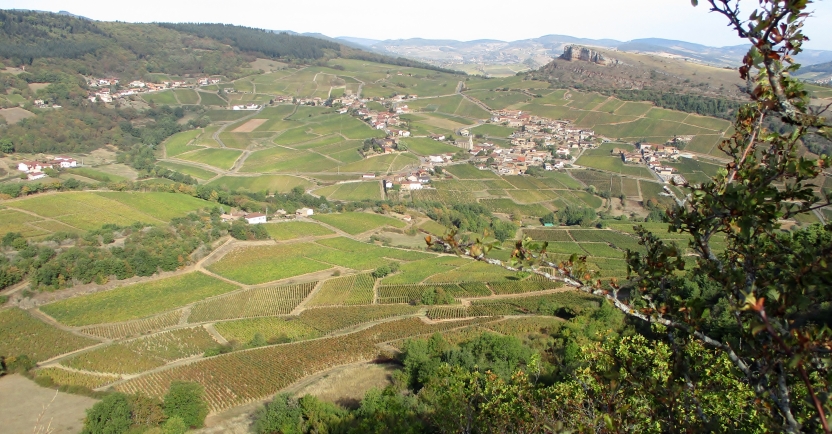Rurener innovates for energy retrofitting Europe’s rural areas

The Rexel Foundation supports Rurener and its innovative collaborative project for the energy efficiency of rural public buildings.
Project description
The Rexel Foundation supports Rurener, the European network of rural territories engaged in energy transition, for the roll out of the COLEOPTER (Local Consultation for the Territorial Policies Consultations on Rural Energy) project, co-funded by the European Regional Development Fund (ERDF) within the scope of the Interreg Sudoe (Southwest Europe) European program. This project offers an integrated approach for improving energy efficiency in public buildings, combining the social, political, and technical challenges of rural territories.
The contribution of the Rexel Foundation will help develop the COLEOPTER territorial dialogue approach concerning energy retrofitting, tested in three territories in Southwest Europe: Póvoa de Lanhoso (Portugal), Cartagena (Spain), and Eastern Creuse (France).
Project roll-out
The COLEOPTER project focuses on three main points:
- The management of territorial dialogue with local actors (neighbors, local elected representatives, professionals, and experts) in order to co-construct the renovation plans to be conducted on demonstrator buildings
- The use of Building Information Modeling technology as a collaborative tool to support the dialogue
- The inclusion of water management challenges via assessments of the energy-water nexus in order to take into account the overall energy consumption linked to all the uses of the buildings.
The COLEOPTER approach will be tested on four demonstrator buildings playing a central role within their communities, three of them will be renovated: a gymnasium in Póvoa de Lanhoso, a recreation center in Cartagena, and a leisure center (Accueil de Loisirs Sans Hébergement – ALSH) in Creuse. The fourth building will be entirely built (a second leisure center similar to the first one). At the end of the project, based on the knowledge gathered, the COLEOPTER approach will be replicated at Escaldes-Engordany (Andorra) to validate its transferability and also disseminate it to other territories.
Project outcome
One of the project’s main objectives is to test and implement an innovative collaborative approach for energy efficiency that involves local actors on a larger scale. It will help to improve energy efficiency policies and (public and private) renovation rates thanks to the relationships formed between different stakeholders, craftsmen and building renovation and energy efficiency professionals.
By the end of the project, the COLEOPTER approach and the demonstrator buildings will offer local authorities and citizens the opportunity to become further involved in territorial decisions and to increase their expertise in energy efficiency. They will also give local SMEs and renovation professionals the opportunity to showcase their work locally.
Innovative and collaborative, the COLEOPTER approach involves eight partners: experts, local authorities, researchers, and its European network, as well as citizens and SMEs. The complementarities and specificities of the various experts, demonstrators, and contexts involved will foster essential knowledge that will support the progress of energy efficiency for all in rural territories.
Find out more about Rurener
Rurener is the European network of rural communities engaged in the energy transition. Created in 2011 following the eponymous European Project (2008-2011), Rurener’s main mission is to support public and private actors in Europe’s rural territories committed to energy transition and fighting climate change.
In its projects, Rurener includes the concertation or territorial dialogue within an integrated perspective of territory development to which all the actors contribute. For Rurener, energy transition offers a real development opportunity for rural territories that have many natural resources but also face important challenges, especially those related to fuel poverty. Rurener’s action aims to support the territories in a fair transition for all via experience-sharing, project development, and managing dialogue spaces.

